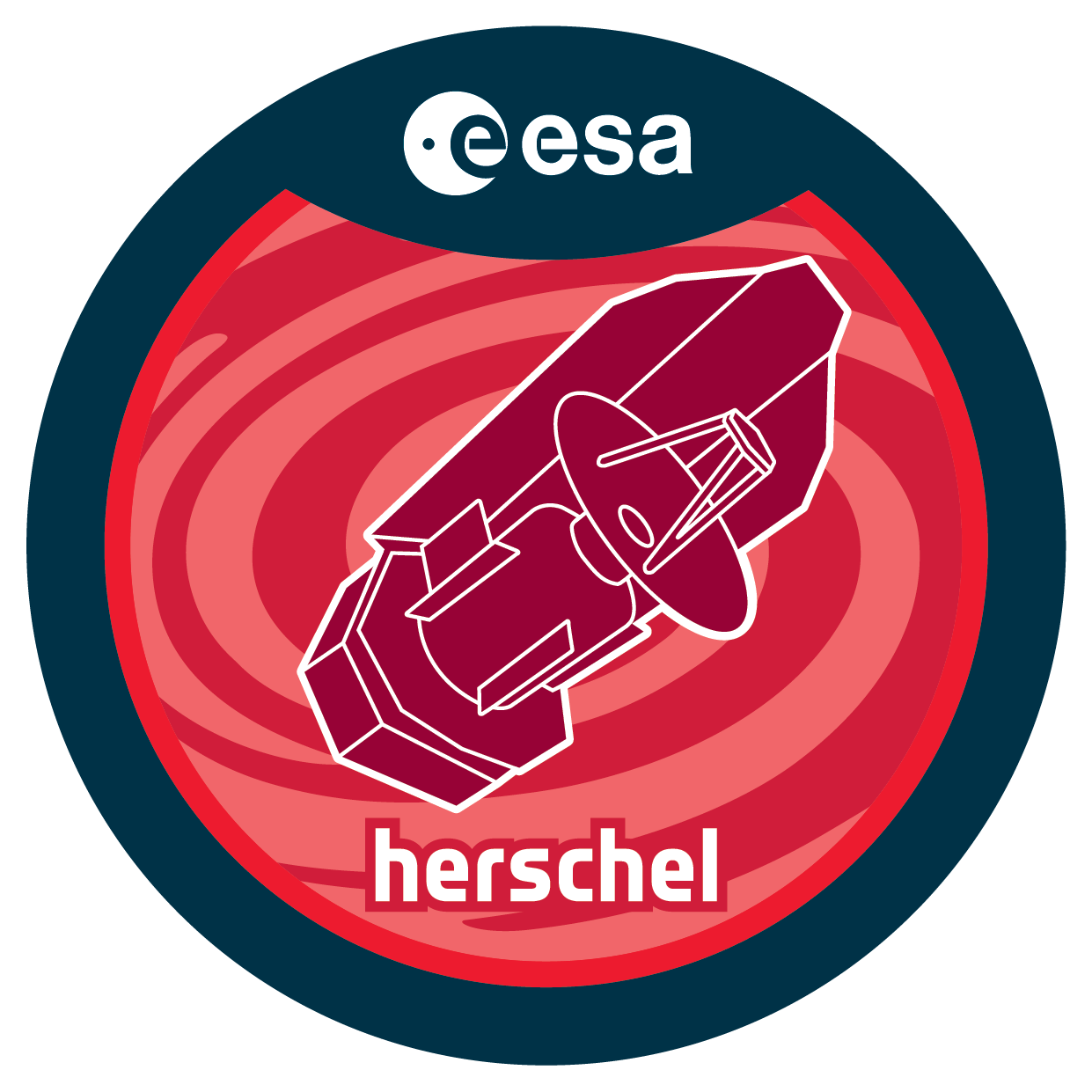

| Name | GT1_mkidger_2 |
| Title | A last chance to measure the size of the nucleus of Comet Hale-Bopp directly in the IR |
| URL | http://archives.esac.esa.int/hsa/whsa-tap-server/data?retrieval_type=OBSERVATION&observation_id=1342198432&instrument_name=PACS&product_level=LEVEL0&compress=true |
| DOI | https://doi.org/10.5270/esa-edwrwmd |
| Author | kidger, m. |
| Description | Comet C/1995 O1 (Hale-Bopp) was one of the three intrinsically brightest comets of the last 600 years. It is generally agreed to be a giant object with a nucleus of diameter in the range 40-80km compared to the 15x8km of 1P/Halley. It is also one of the most intensively studied objects in history and the only giant comet ever to be studied intensively with modern detectors. The large flux, long lead time to perihelion and exceptional period of visibility (19 months with the naked eye and, so far, at least 17 years telescopically) have contributed to an unprecedented degree of knowledge and understanding of this comet. The fact that the comet was known to be active at 13AU pre-perihelion (and possibly even at 17AU) and that it has been active a well past 20AU post-perihelion has demonstrated its extraordinary duration of activity.In June 2010 Hale-Bopp will pass the orbit of Neptune and now finally appears to be inactive. This will allow us to attack the problem of the one great unknown about the comet: the size of the nucleus. Dozens of size estimates have been published, ranging from under 15km to 250km, but it is generally acknowledged that radio techniques have underestimated the size, whereas infrared techniques and PSF fitting have tended to overestimate it. Given that the rotation period, rotation mode and pole orientation are well-determined, an accurate value for the diameter of the nucleus will allow dynamical information on the mass and even the internal structure of the nucleus to be determined.We propose to observe Hale-Bopp in PACS blue+red using the technique of background subtraction to obtain 4-sigma at 1mJy, equivalent to detecting a nucleus of diameter around 40km. We request that these observations be scheduled in the optimum window in June 2010 to subtract out the confusion noise. Combining PACS with visible data, we will obtain, at worst, a strong model-constraining upper limit to the nucleus diameter and albedo that should stand for 2500 years. |
| Publication |
|
| Instrument | PACS_PacsPhoto_largeScan |
| Temporal Coverage | 2010-06-10T00:35:11Z/2010-06-10T11:07:56Z |
| Version | SPG v14.2.0 |
| Mission Description | Herschel was launched on 14 May 2009! It is the fourth cornerstone mission in the ESA science programme. With a 3.5 m Cassegrain telescope it is the largest space telescope ever launched. It is performing photometry and spectroscopy in approximately the 55-671 µm range, bridging the gap between earlier infrared space missions and groundbased facilities. |
| Creator Contact | https://support.cosmos.esa.int/h®erschel/ |
| Date Published | 2011-06-10T10:16:10Z |
| Last Update | 2025-01-24 |
| Keywords | Herschel, HSC, submillimetre, far-infrared, HIFI, PACS, SPIRE |
| Publisher And Registrant | European Space Agency |
| Credit Guidelines | European Space Agency, kidger et al., 2011, 'A last chance to measure the size of the nucleus of Comet Hale-Bopp directly in the IR', SPG v14.2.0, European Space Agency, https://doi.org/10.5270/esa-edwrwmd |